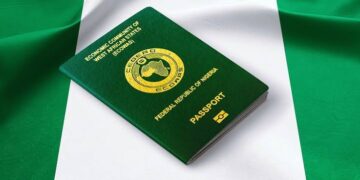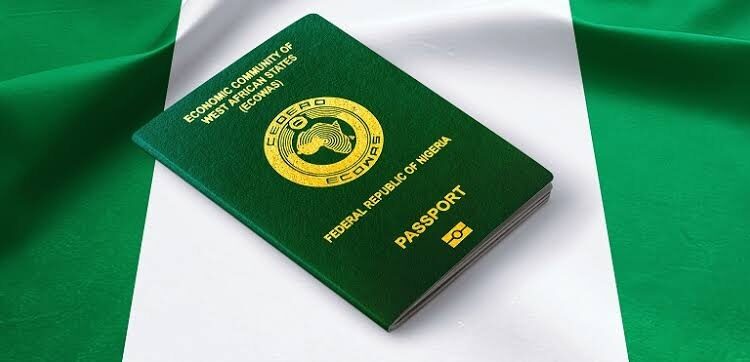By Lucy Adautin
Ethiopia, Turkey, and the United Arab Emirates (UAE) have rescinded several privileges previously granted to Nigerian passport holders, such as visa-on-arrival, e-visa facilities, and other passport-related benefits.
Previously seamless, Turkey no longer offers e-visas to Nigerian passport holders.
In 2022, the UAE implemented a ban preventing Nigerians and citizens of other African nations from entering Dubai, a restriction still in force despite Nigerian government efforts.
Aviation minister Festus Keyamo has announced a potential lifting of the UAE ban on Nigerians by October, though uncertainty surrounds this development.
Ethiopia ceased offering visa-on-arrival to Nigerians two years ago and has maintained this policy. Since 2022, airlines have advised travellers to obtain visas from the Ethiopian embassy in Abuja before departure.
Bolanle Olukanni, daughter of former Nigerian Commissioner to Australia Ambassador Ayoola Olukanni, recently expressed disappointment over her parents’ visa denials due to concerns about their return.
Olukanni, sharing her frustrations via her X handle, recounted her father’s denial of a visa despite his tenure as a retired ambassador who had lived in Austria for three years, alongside concerns about absconding.
She wrote, “I just want you guys to know that the Nigeria passport has really been bastardized. My father is a retired Ambassador who lived and served in Austria for three years.
“He applied for a Schengen visa alongside my mum, and the Austrian embassy denied their visas.”
She also lamented that 30 years of her father’s service to the country as a foreign service officer was disrespected.
“Do you realise the lack of diplomacy and courtesy and disregard for a country you have to deny a former foreign service officer a visa? A Foreign Service officer who served for 30 years and has been to over 30 countries.”
Visa applications to South Africa have declined, as Nigerians face ongoing delays and denials when attempting to enter Africa’s largest economy.
Last year saw a drop in the issuance of study visas to Nigerians for the first time in three years, according to data compiled by BusinessDay from the US Department of State.
South Africa’s visa office reported issuing a total of 7,466 nonimmigrant (F-1) visas, down from 7,547 in 2022.
Nigeria ranked among the bottom countries in 2023 for passport strength, offering visa-free access to only 46 countries, as revealed in the recent third-quarter Henley Passport Index. This index ranks passports based on the number of destinations their holders can visit without a prior visa, utilizing data from the International Air Transport Association (IATA) and enhanced by Henley & Partners’ research.
Following Nigeria, other nations with similarly limited passport access include South Sudan (46 countries), Congo (45 countries), Eritrea (44 countries), Iran (44 countries), Sudan (44 countries), Lebanon (43 countries), Kosovo (42 countries), Libya (41 countries), Sri Lanka (41 countries), among others.
Singapore now boasts the world’s most potent passport, surpassing Japan’s longstanding dominance in passport power.
Bankole Bernard, Group Managing Director (GMD) of Finchglow Holdings, a Nigeria-based global travel management company, debunked the notion that foreign nations reject Nigerian visa applications due to animosity toward Nigeria.
Susan Akporaiye, former president of the National Association of Nigerian Travel Agencies (NANTA), acknowledged the challenges posed by the weakness of Nigerian passports but noted that many individuals continue to thrive and excel in foreign countries despite these limitations.
“The foreign affairs need to do more engagements to reduce denials. To relocate to another country, a lot of Nigerians do not like to follow the right processes. The problem in Nigeria is that everybody just wants to leave and many do not have genuine reasons,” the former NANTA president said.



































